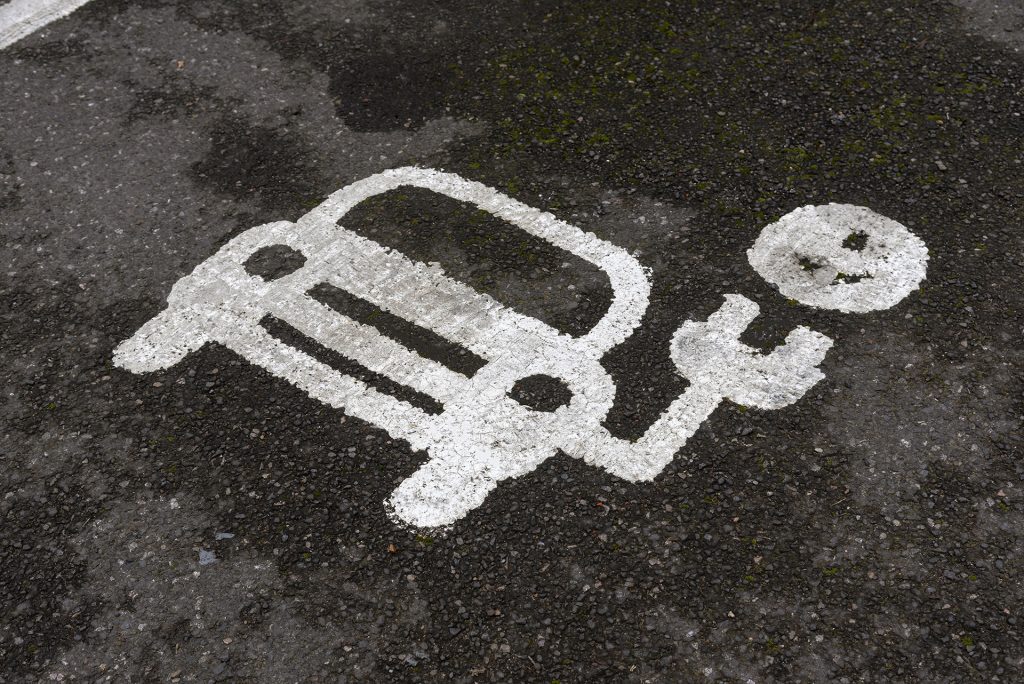Electric vehicles will no longer be exempt from Vehicle Excise Duty (VED) from April 2025, Chancellor Jeremy Hunt said while giving his Autumn Statement 2022 speech on Thursday.
The move is aimed at making the motor tax system fairer, Hunt said, referring to the Office of Budget Responsibility forecast estimating half of all new vehicles will be electric by 2025.
The announcement means that EV drivers must pay VED, a tax levied on vehicles on UK roads, from which electric cars are currently exempt.
The Chancellor said company car tax rates will remain lower for EVs. “I have listened to industry bodies and will limit rate increases to 1 percentage point a year for three years from 2025.”
Under the plans laid out today, electric cars registered from April 2025 will pay the lowest rate of £10 in the first year, then move to the standard rate which is currently £165, BBC News said in a report.
However, cars costing over £40,000 will incur the Expensive Car Supplement of an additional £355, bringing the total to £520 per year.
Taxes will be imposed retrospectively, too. EVs registered between March 2001 and April 2017 will move to a modest £20 annual charge, but those registered after that (but before the April 2025 change) will be charged £165 per year.
Full details can be found in the government policy policy paper on the Autumn Statement 2022 under “VED on Electric Vehicles (VED)”.
The announcement was welcomed by some in the industry, but others thought it will reduce incentives to switch to EVs.
The RAC motoring group’s Nicholas Lyes said it’s probably fair for the Government to make EV owners start contributing to the upkeep of major roads from 2025.
Other groups saw the announcement as a disincentive for the EV sector.
“The announcement that electric vehicles will be subject to VED from 2025 has delivered a potential £165 million blow to the drivers of the one million EVs currently on UK roads,” said Jon Lawes, Managing Director, Novuna Vehicle Solutions. “Drivers should not be penalised for choosing a more environmentally friendly mode of transportation, and the Chancellor’s decision appears completely at odds with the Government’s 2030 ambitions.”
Lawes said Hunt reaffirmed the UK’s commitment to stick to the Glasgow pact in reducing emissions 68% by 2030, and yet delivered a setback to the electric vehicle industry by introducing VED on EVs for the first time. However, the MD said belated clarification that Benefit-in-Kind rates will remain at a relatively low level beyond 2025 is a welcome announcement and provides much needed assurance for corporate fleets.
“It’s imperative we remove barriers to adoption, but with no new commitments to charging infrastructure announced today, the Government must urgently do more to deliver on one of its key growth priorities,” said Lawes.
